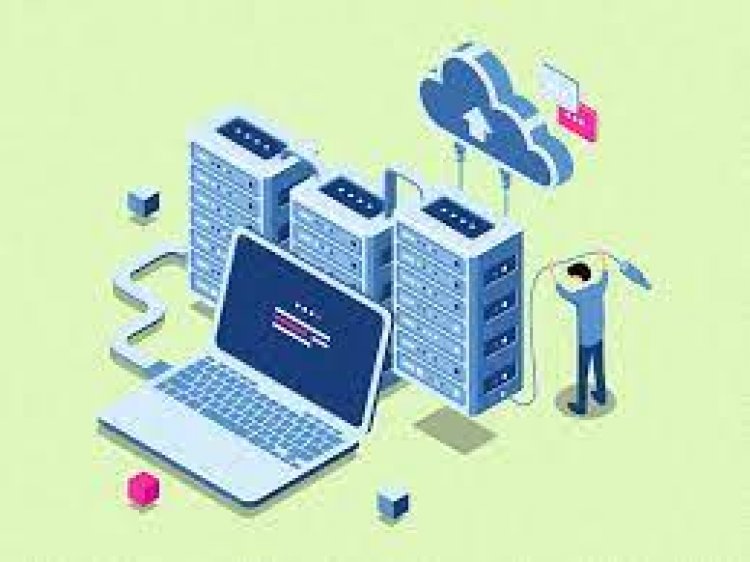Import Curbs: Definition of ‘Trusted Sources’ an Issue
STORIES, ANALYSES, EXPERT VIEWS

The IT hardware industry is increasingly concerned about what could be New Delhi’s definition of “trusted hardware”, with the Centre stressing that imposition of import curbs on laptops, tablets and servers is primarily due to national security reasons.
On August 4, Minister of State for Electronics and IT Rajeev Chandrasekhar had said that the government's objective was to ensure trusted hardware and systems, reduce import dependence and increase domestic manufacturing of this category of products.
Under India’s new rules for security of mobile networks, telcos are mandated to buy network equipment only from entities labelled by the National Cyber Security Coordinator as a ‘trusted source’ and product designated as a ‘trusted’ one.
Industry executives say that while the government has been successful in restricting Chinese players Huawei and ZTE from participating in India’s 5G rollout after adoption of the “trusted sources” approach, replicating the same for IT hardware won’t be feasible. That’s because unlike telecom equipment, laptops/tablets are consumer devices.
More importantly, more than 80% of the market is controlled by non-Chinese firms belonging to the US, Japan, South Korea and Taiwan, which are already trusted trade partners of India, said industry executives. Lenovo is the only Chinese firm.
Apple, Google and others want US government to push India to reconsider laptop, PC import curbs
Reliance on China: According to an industry analyst even if the number of hardware devices were restricted over time, the dependency during that period will continue to be in China.
As of April-May in FY24, 81% of personal computers and laptops were imported from China. In FY22-23, the share was 77%.
















